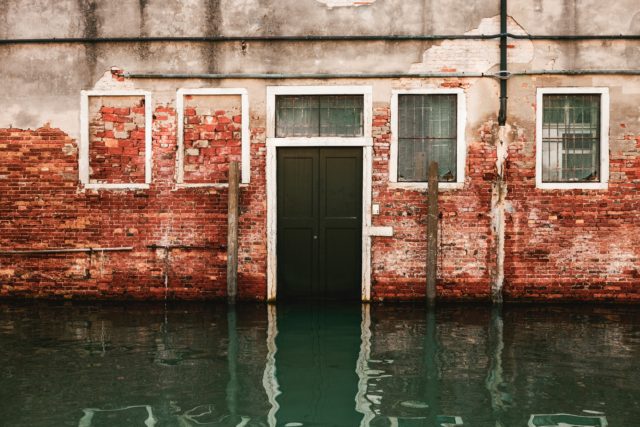There are many ways to protect your home from various inconveniences. For example, if you live in a risky neighborhood, or you simply want to improve and protect your locks, it would be enough to call a good locksmith. On the other side, if you want to protect it from the fire that can be caused from the inside, it would be quite enough to regularly check all of the things in the house that can potentially explode or burn. However, when it comes to flooding, it gets a little bit hard, although it is not impossible. Of course, when we say flooding, we are aware that we cannot regulate and affect various natural disasters that may occur, but we can do many things to protect it from flooding caused from the inside. Additionally, there are also many things to do to protect it from minor floods that may occur after raining heavily and similar things. So, if you have already experienced flooding in your own house, you know how horrible it may get. If you still haven’t, believe us – you don’t want to, so do your best to prevent it. For the beginning, read our list on how to protect your home from flooding.
- Sump pumps are essential
If you want to protect your home from flooding, make sure to regularly check whether your sump pump is operating properly. This is especially important with basement flooding, as these pumps send water away to places such as a municipal storm drain or a dry well.
- Early warnings matter
If you simply ignore early warnings, such as leaky faucets, dampness in the basement, a musty odor, cracks on the walls or floors and discoloration or white powder on the walls, you should know that it will not bring you anything good. These may be the signs that there is a bigger problem, and that it may cause a great flood one day.
- Gutters must be clear
Gutters are definitely something that you should check regularly, as they are essential when it comes to flooding. Make sure all gutters are clear and running well away from the home.
- Houses without basement
When a house does not have a basement, the risk of flooding is slightly bigger, as the water would directly enter your living spaces. It is why you should make sure that land is graded well away from foundation slab if your house does not have a basement.
- Install a sewage water backstop.
This is especially important if you live in one of those cities that deal with persistent and costly stormwater flooding. You should think of installing backflow prevention valves and other devices that keep overtaxed sewer mains from backing up into basements.
- Don’t forget to buy flood insurance
No matter what you do to protect your house from flooding, you should definitely always be prepared for the worst, being the reason why you should have flood insurance. If you still haven’t done it, go for it. Better late than never!






